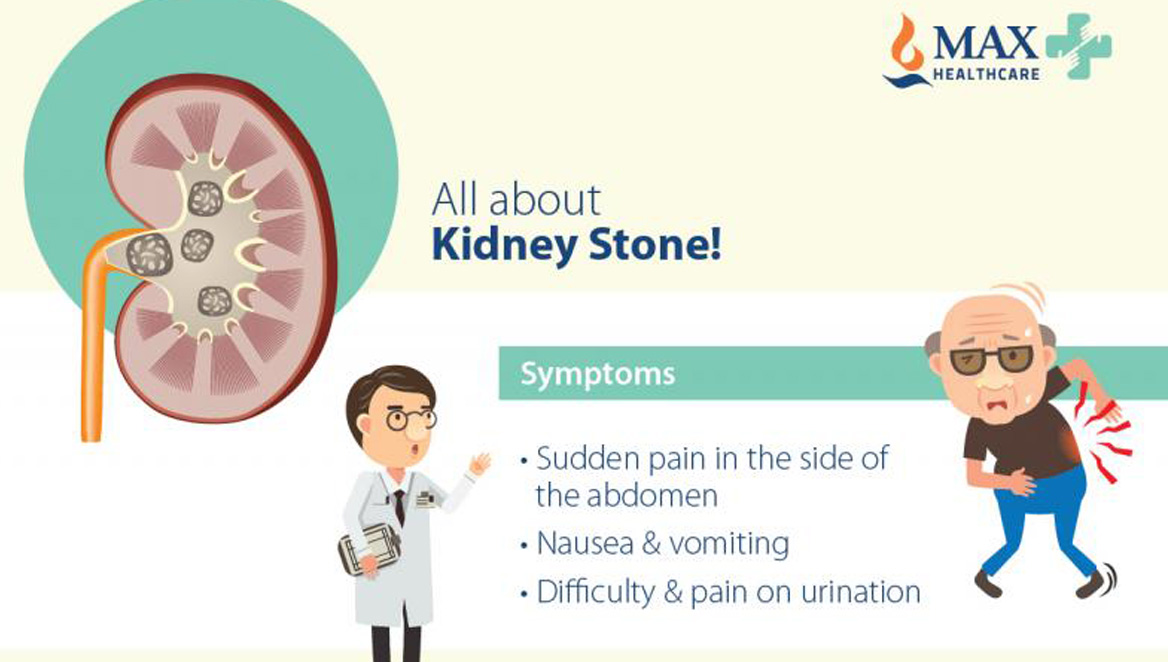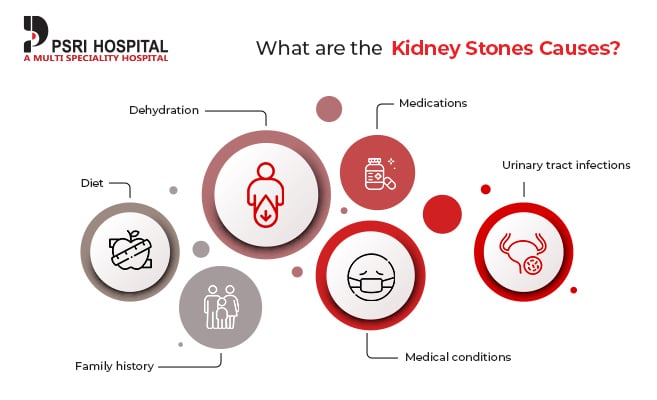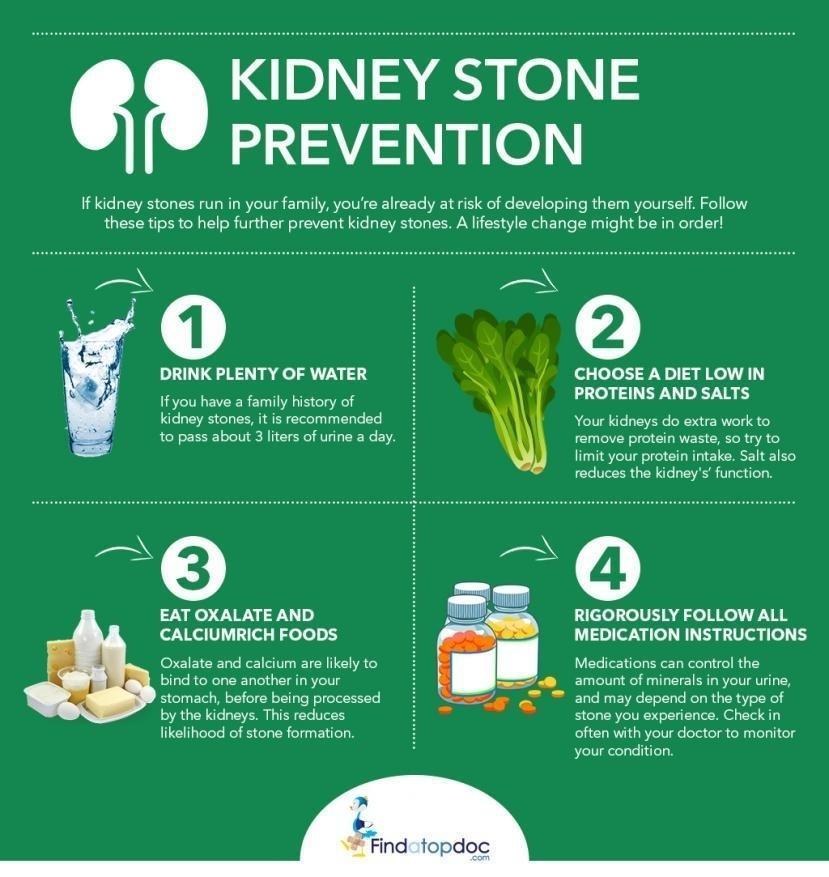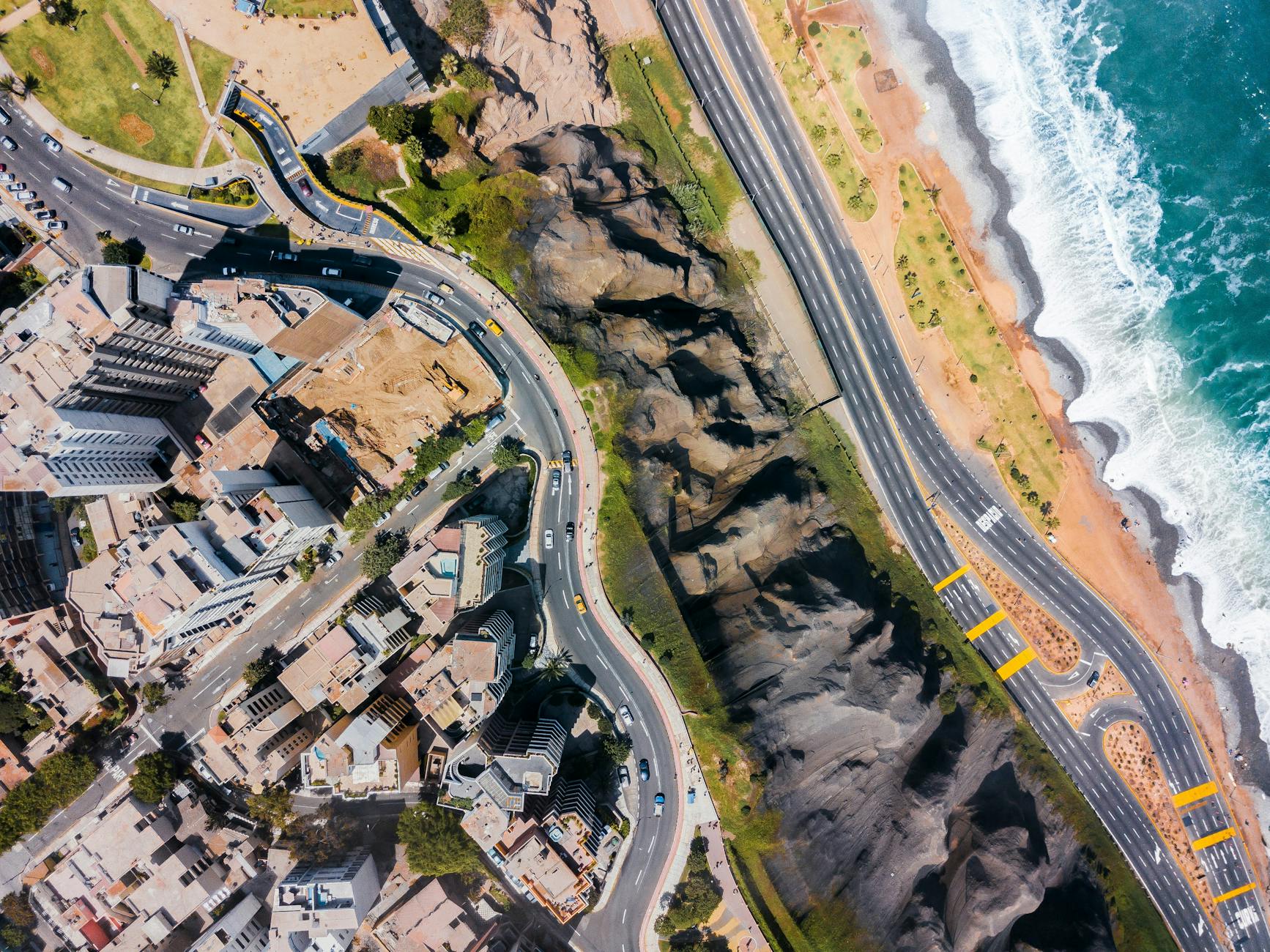Uncover the surprising factors that lead to kidney stones, from diet to genetics, and how to prevent them naturally.
Table of Contents
- Introduction to Kidney Stones
- Why Kidney Stones Form
- The Role of Calcium
- Watch Out for Oxalates!
- Staying Hydrated to Prevent Stones
- The Impact of Your Diet
- Magnesium Benefits to the Rescue
- When Kidney Stones Happen
- Prevention Tips
- Doctors and Kidney Stones
- Summary of Key Points
- FAQs about Kidney Stones
Introduction to Kidney Stones
We will kick off by talking about what kidney stones are and why they can be a big problem for some people.
What are Kidney Stones?
Kidney stones are tiny, hard crystals that can form in our kidneys. Imagine them as little rocks that can cause a lot of pain. These stones are made up of different substances found in our urine, like calcium and oxalates.
Why Kidney Stones Form
When we talk about why kidney stones form, we have to understand what they’re made of. One major component of kidney stones is calcium. Now, calcium is a mineral that our bodies need, but sometimes, too much of it can stick together in our kidneys and form stones. Another player in the formation of kidney stones is oxalates. Oxalates are tiny substances that can team up with calcium in our kidneys and create those bothersome stones.
Imagine that your kidneys are like little filters inside your body. When there’s too much calcium or oxalates around, they can clump together and form stones. These stones can be really painful, and we definitely want to avoid them if we can.
So, next time you hear about kidney stones, remember that they can form when calcium and oxalates decide to get together and cause trouble in your kidneys.
The Role of Calcium
Calcium is a mineral that is super important for our bodies. It helps us build strong bones and teeth. But did you know that too much calcium in our kidneys can lead to the formation of kidney stones? Let’s take a closer look at how calcium plays a role in this process.

Image courtesy of stpeteurology.com via Google Images
How Calcium Ends Up in Our Kidneys
When we eat foods that contain calcium, like dairy products or leafy greens, our bodies absorb this mineral and use it for various functions. Sometimes, if we consume more calcium than our bodies need, the excess calcium can make its way to our kidneys.
Once in the kidneys, this extra calcium can combine with other substances like oxalates, which are another type of mineral found in certain foods. When calcium and oxalates team up, they can stick together and form crystals, eventually growing into kidney stones.
Therefore, it’s essential to be mindful of our calcium intake and make sure we’re not consuming too much of it. By maintaining a balanced diet and staying hydrated, we can reduce the risk of developing kidney stones due to excess calcium in our bodies.
Watch Out for Oxalates!
Oxalates are tiny substances found in certain foods that can team up with calcium in our kidneys and lead to the formation of kidney stones. When oxalates and calcium join forces, they can create solid crystals in the kidneys that can grow into larger stones over time. While not all kidney stones are caused by oxalates, being mindful of the foods that are high in oxalates can help reduce the risk of developing kidney stones.
What are Oxalates?
Oxalates are naturally occurring compounds found in many plant-based foods such as spinach, kale, almonds, and chocolate. While these foods are generally nutritious and important for a balanced diet, consuming too many oxalate-rich foods can increase the amount of oxalate in the body, potentially leading to the formation of kidney stones.
How Oxalates Contribute to Kidney Stones
When we eat foods high in oxalates, our bodies absorb the oxalate and it travels through the digestive tract into the kidneys. In the kidneys, oxalate can bind with calcium to form crystals. These crystals can then stick together and grow into larger stones that can block the flow of urine and cause pain.
Therefore, it’s essential to be aware of the oxalate content in the foods we eat and try to balance our diet with a variety of foods to minimize the risk of developing kidney stones.
Staying Hydrated to Prevent Stones
Have you ever heard the saying, “water is life”? Well, when it comes to preventing kidney stones, it couldn’t be more true! Hydration, which means keeping your body well-supplied with water, is super important in the fight against kidney stones. When you drink enough water, it helps to flush out harmful substances from your body, like the tiny particles that can stick together and form kidney stones.

Image courtesy of psrihospital.com via Google Images
How Water Helps
Imagine your kidneys as a super cool filter in your body. Just like a filter needs clean water to work efficiently, your kidneys need lots of water to stay healthy and keep those pesky stones away. When you drink plenty of water, it helps to dilute the substances in your urine that can lead to stone formation. It’s like adding more water to a concentrated juice to make it lighter and less likely to turn into a solid.
Drink Up!
So, how much water should you drink to keep those kidney stones at bay? Well, the general rule of thumb is to aim for about 8 cups of water a day. That might sound like a lot, but if you spread it out throughout the day and listen to your body’s thirst cues, you’ll be sipping your way to better kidney health in no time!
The Impact of Your Diet
What you eat plays a crucial role in whether those pesky kidney stones decide to pay you a visit. Certain foods can either be your best friends or your worst enemies when it comes to preventing kidney stones.
Foods That Are Friends
First, let’s talk about the good guys – foods that can actually help keep kidney stones at bay. Including plenty of fruits and vegetables in your diet is a smart move. These foods are rich in vitamins and minerals that can help keep your kidneys healthy and functioning well. Think of colorful fruits like berries and vibrant veggies like spinach – they’re like superheroes for your kidneys!
Foods That Are Foes
Now, onto the villains – foods that might encourage those kidney stones to form. Foods high in salt, sugar, and animal proteins can increase your risk of developing stones. So, try to limit your intake of processed foods, sugary treats, and red meats. By making smarter food choices, you can help steer clear of those unwelcome kidney stones.
Magnesium Benefits to the Rescue
Did you know that magnesium can be a superhero when it comes to preventing kidney stones? It’s true! Magnesium is a mineral that can help keep those pesky stones away.
| Factor | Description |
|---|---|
| Diet | High intake of oxalate-rich foods such as spinach, beets, and nuts can lead to kidney stone formation. |
| Dehydration | Not drinking enough water can cause urine to become more concentrated, which increases the risk of kidney stones. |
| Family history | People with a family history of kidney stones are more likely to develop them themselves. |
| Medical conditions | Conditions such as gout, urinary tract infections, and certain metabolic disorders can increase the risk of kidney stones. |
| Medications | Some medications, including diuretics and calcium-based antacids, can increase the likelihood of kidney stone formation. |

Image courtesy of www.dreamstime.com via Google Images
What is Magnesium and How Does it Help?
Magnesium is a mineral found in foods like nuts, seeds, and leafy green vegetables. When we have enough magnesium in our bodies, it can actually stop calcium and oxalates from binding together in the kidneys. This means that magnesium acts like a barrier, preventing those stones from forming.
Where Can You Find Magnesium?
If you want to make sure you’re getting enough magnesium to protect against kidney stones, try eating foods like almonds, spinach, and avocado. These delicious treats are packed with magnesium and can help keep your kidneys healthy.
How Much Magnesium Do You Need?
For kids your age, the recommended daily intake of magnesium is around 80-130 milligrams. So, make sure you’re munching on those magnesium-rich foods to keep your kidneys happy and stone-free!
When Kidney Stones Happen
Sometimes, despite our best efforts, kidney stones still happen. When this occurs, it can be painful and scary. Kidney stones are small, hard deposits that form in the kidneys and can cause discomfort when they pass through the urinary tract.
What Should You Do?
If you or someone you know is experiencing symptoms of kidney stones, such as severe pain in the back or side, nausea, vomiting, or blood in the urine, it’s important to seek medical help. Kidney stones can be diagnosed through imaging tests like X-rays or ultrasounds.
Once a diagnosis is made, a healthcare provider can recommend the best course of action. Treatment for kidney stones may include pain medication to help manage discomfort, increased fluid intake to help the stones pass more easily, or procedures to break up larger stones.
It’s crucial to follow your healthcare provider’s advice to ensure a speedy recovery and to prevent future episodes of kidney stones. Remember, seeking medical help promptly is essential when dealing with kidney stones.
Prevention Tips
One of the best ways to prevent kidney stones is by drinking plenty of water. When you stay hydrated, your urine is diluted, making it harder for kidney stones to form.

Image courtesy of www.findatopdoc.com via Google Images
Watch Your Diet
Your diet plays a huge role in preventing kidney stones. Try to limit foods high in oxalates, like spinach and nuts, as they can increase the risk of stone formation. Instead, opt for a diet rich in fruits, vegetables, and whole grains to help keep your kidneys healthy.
Get Enough Magnesium
Magnesium is a mineral that can help prevent kidney stone formation. Make sure to include magnesium-rich foods in your diet, such as almonds, peanuts, and whole grains. Talk to your doctor about whether taking a magnesium supplement might be beneficial for you.
Doctors and Kidney Stones
If you ever find yourself dealing with the pain and discomfort of kidney stones, a doctor can be your best ally in getting rid of them. Doctors are experts who know how to help people with this problem.
How Can a Doctor Help?
When you go to see a doctor for kidney stones, they might ask you questions about your symptoms to understand what’s going on. They might also order tests like ultrasounds or x-rays to see where the stones are in your body. This helps them figure out the best way to treat your kidney stones.
Treatment Options
Once the doctor knows the size and location of your kidney stones, they can suggest the right treatment. In some cases, you might be able to pass the stones naturally by drinking lots of water and taking pain medication.
For larger stones that are causing a lot of pain, a doctor might suggest procedures like shockwave therapy or surgery to break up the stones so you can pass them more easily.
It’s important to follow your doctor’s advice and take any prescribed medications to help get rid of the kidney stones and prevent new ones from forming.
Summary of Key Points
So, what have we learned about kidney stones? Well, kidney stones are tiny, hard deposits that can form in our kidneys. They are made up of substances like calcium and oxalates that can stick together and cause trouble.

Image courtesy of www.boldsky.com via Google Images
Calcium plays a big role in the formation of kidney stones. Too much calcium in our bodies can lead to the creation of these pesky stones. It’s important to keep an eye on our calcium intake to prevent them from forming.
Oxalates are another culprit when it comes to kidney stones. These substances can team up with calcium in our kidneys, forming crystals and eventually stones. Be cautious of foods high in oxalates to avoid this issue.
Staying hydrated is crucial in preventing kidney stones. Drinking lots of water helps keep our kidneys flushed and prevents the build-up of substances that can turn into stones. So, make sure to keep that water bottle handy!
Our diet also plays a significant role in keeping kidney stones at bay. Certain foods can either help or harm in the prevention of stones. By making smart choices about what we eat, we can reduce the risk of developing kidney stones.
But don’t worry, magnesium is here to save the day! Magnesium benefits include helping to prevent the formation of kidney stones. It’s like a little superhero mineral that keeps those pesky stones away.
Despite our best efforts, kidney stones can sometimes still happen. If you or someone you know experiences kidney stones, it’s essential to seek help from a doctor. They can provide the necessary treatment and guidance to deal with the situation.
Remember, by following the right prevention tips such as staying hydrated, maintaining a healthy diet, and reaping the benefits of magnesium, you can reduce the chances of kidney stones bothering you. Take care of your kidneys, and they’ll thank you for it!
FAQs about Kidney Stones
What are kidney stones?
Kidney stones are hard clumps of minerals and salts that form in the kidneys. They can be as small as a grain of sand or as big as a pebble, and they can cause a lot of pain when they pass through the urinary tract.
How do calcium and oxalates contribute to kidney stones?
Calcium and oxalates are substances that can join together in the kidneys to form stones. Too much calcium in the body can increase the chances of kidney stones, and oxalates from certain foods can team up with calcium to make the stones.
Why is staying hydrated important in preventing kidney stones?
Drinking plenty of water is essential to prevent kidney stones. Hydration helps to dilute the minerals and salts that can form stones in the kidneys, making it easier for them to pass through the body.
How does diet play a role in kidney stone formation?
The foods we eat can either help prevent or contribute to the formation of kidney stones. It’s important to avoid foods high in oxalates, like spinach and nuts, and to include plenty of water-rich fruits and vegetables in your diet.
What are the benefits of magnesium in preventing kidney stones?
Magnesium can help prevent kidney stones by binding to oxalates in the digestive tract before they reach the kidneys. This reduces the chances of oxalates combining with calcium to form stones.





